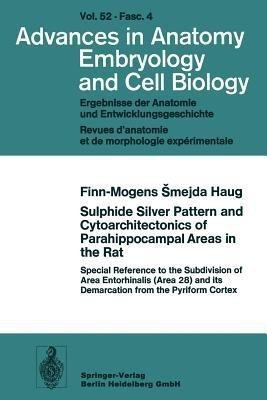Sulphide Silver Pattern and Cytoarchitectonics of Parahippocampal Areas in the Rat(English, Paperback, Haug F.-M.S.)
Quick Overview
Product Price Comparison
This study has two related objectives. One is to improve our understanding of the sub- division of the parahippocampal cortex, the other is to investigate the terminal distri- bution of sulphide silver stainable fibre systems (explained below) in this region. The parahippocampal areas (comprising area entorhinalis, parasubiculum, area ret- rosplenialis e and presubiculum) transmit information to and from the hippocampus, a part of the brain which has been the subject of extensive neurobiological research. Much current anatomical work is therefore devoted to the study of the connections of the parahippocampal cortex (see Discussion), an activity which both requires and pro- vides more precise concepts of its subdivision. Recent studies have shown that histochemistry often brings out laminae and areas in this cortical region more clearly than do conventional morphological methods (Storm* Mathisen and Blackstad, 1964; Mellgren and Blackstad, 1967; Geneser Jensen and Blackstad, 1971; Geneser Jensen et aI., 1974 and references therein; Mellgren, 1973 a, b). The sulphide silver method, used here, is particularly valuable in this respect, as will be explained shortly.


